Day 1 – ISTANBUL
Upon arrival at Istanbul Ataturk Airport, meet and drive to
“Old City” from where the Byzantian and Ottoman Empires
were ruled. Hippodrome, center of sportive (chariot races,
athletics) events and political activities of the old city. Obelisk
of Theodosius, Serpentine Column and German Fountain
of Wilhelm II are the monuments decorating Hippodrome.
Blue Mosque, facing St. Sophia, famous with its blue Iznik
tiles and unique with 6 minarets, built in the name of Sultan
Ahmet. St. Sophia, one of the greatest marvels of architecture,
constructed as a basilica in the 6th.century by Emperor
Justinian. Then visit the Underground Cistern. We proceed to
the pier to board on a private boat for the Bosphorus Cruise,
through the waterway separating the two continents, Asia
and Europe, with a possibility to take photographs of marble
palaces, ancient wooden villas of Ottoman architecture besides
modern residential and luxurious apartments. Then check-in
to the hotel. Dinner and overnight in Istanbul.
Day 2 – ISTANBUL / IZMIR / PERGAMON / SARDIS
After breakfast transfer to airport for domestic flight to Izmir by
TK2312 (08:00/09:05). Drive north to the hauntingly beautiful
Pergamon. Among the impressive structures of this city, dating
from 399 B.C., we will see the Altar of Zeus, Temple of Dionysus
and the 200,000 volume library which was surpassed only
by that found in Alexandria at the time. Then we will stop by
Thyteria to see the remains of the church. This was one of the
principle towns where Christianity spread quickly. Drive to
Sardis for overnight.
Day 3 – SARDIS / PHILADELPHIA / LAODICEA /
PAMUKKALE
Before departure to Pamukkale, we will visit to Sardis which
holds a prominent place in mythology. Sardis felt the influence
of the Seven Churches of Revelation and highlights include the
3rd century A.D. Synagogue, Gymnasium, House of Bronzes,
Temple of Artemis, and of course the Church. Next on our
itinerary is Philadelphia which was an important Christian
centre during Byzantine times. We will see the Basilica and
several interesting mosques. Then we stop on to Laodicea
Ad Lycum where the remains are found on a flat-topped
hill. Christianity came to the area during the time of St. Paul,
brought by Epaphras of Colossae. Laodicea became the seat of
Bishopric and hosted an important Ecumenical Council in the
fourth century A.D., it was named in the Revelations as one of
the Seven Churches of the Apocalypse. Highlights will be the
Water Tower, Stadium and the Council Chamber. Overnight
at Pamukkale.
Day 4 – PAMUKKALE / APRHODISIAS / KUSADASI
In the morning, we visit Hierapolis which was founded by
Pergamon king Telephos and named after his wife Hiera.
During the Byzantine period the city became the seat of
diocese with a large Christian Church dedicated to St. Philip,
martyred here in 80 A.D. Highlights include the Roman Baths,
the Temple of Apollo and the Theater. Then we will visit the
beuatiful ancient site of Aphrodisias . This ancient city of
learning, fine arts and sculpture has provided us with exquisite
pieces of work which are on display on the site. Its Stadium is
among the best-preserved in the world. The “Bishops Palace”,
Odeon and the Theater will be the highlights here. Drive to
Kusadasi for overnight.
Day 5 – KUSADASI / EPHESUS / KUSADASI
Then drive to Selcuk town, we will visit the famous ancient
city of Ephesus, one of the world’s finest archaeological sites.
Our tour will begin with the Basilica of St John “the Evangelist”
who came here with the Virgin Mary and wrote his Gospel in
Ephesus. Highlights include the Library of Celcius, the Temple
of Hadrian, the Fountain of Trajan and the Theatre. We will
also stop by the House of Virgin Mary (on top of Mt Coressos).
She was believed to have spent her last years in this area. On
18 August 1961, Pope John XXII proclaimed this place to be
sacred. Overnight in Kusadasi.
Day 6 – KUSADASI / DIDYMA / MILETUS / PRIENE / IZMIR
After breakfast check-out from the hotel. Drive to Didyma
served as a religious sanctuary to god Apollo. Oracular
inscriptions in Didyma indicate dates as far back as 6th cent.B.C.
Legend tells us that with the arrival of Alexander the Great,
the sacred spring of the Temple which had dried up began to
flow again. Highlights will be the Temple of Apollo. Then we
will visit Miletus whose history dates back to 800 B.C. Famous
Philosopher Thales comes from Miletus and he is credited with
the theory that all things come from water. Highlights here
are the Theater, Baths of Faustina and the Council Chamber.
Next on our itinerary is Priene with its well planned streets
and graceful buildings and temples. Highlights will be the
Agora, the Ecclesiasterium and the Temple of Athena Polias. In
the eveninig transfer to Izmir airport for flight to Istanbul and
connection international flight.







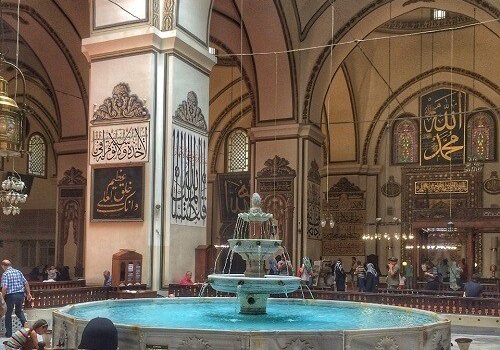
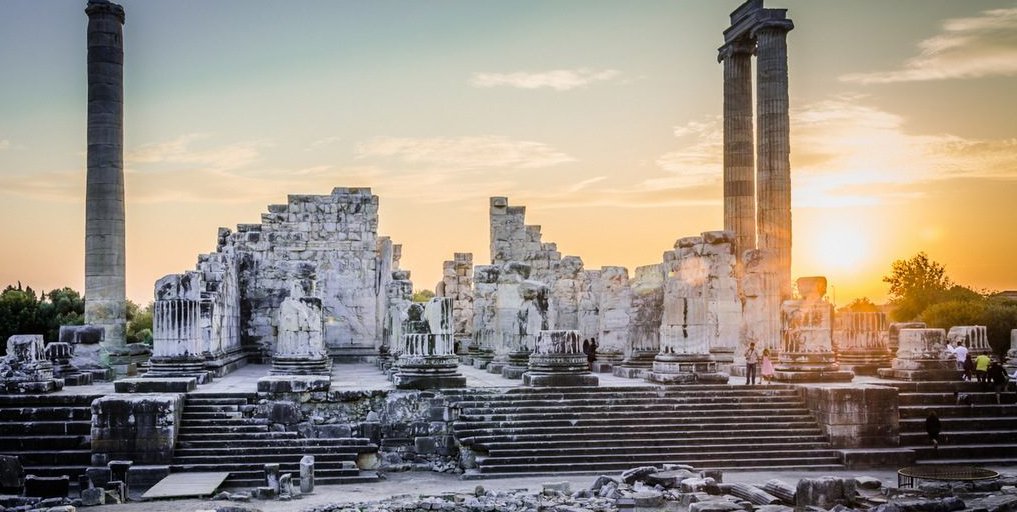
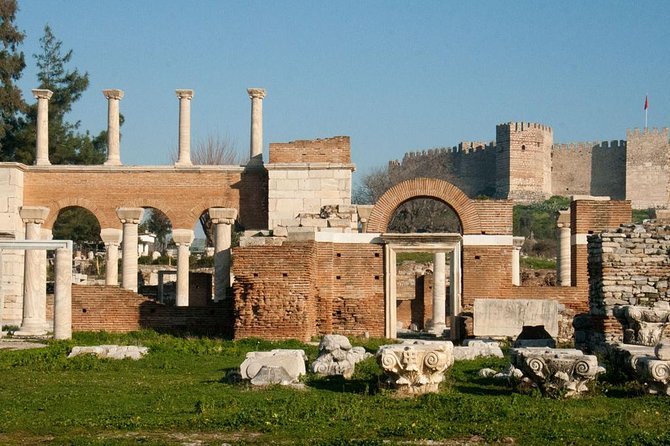


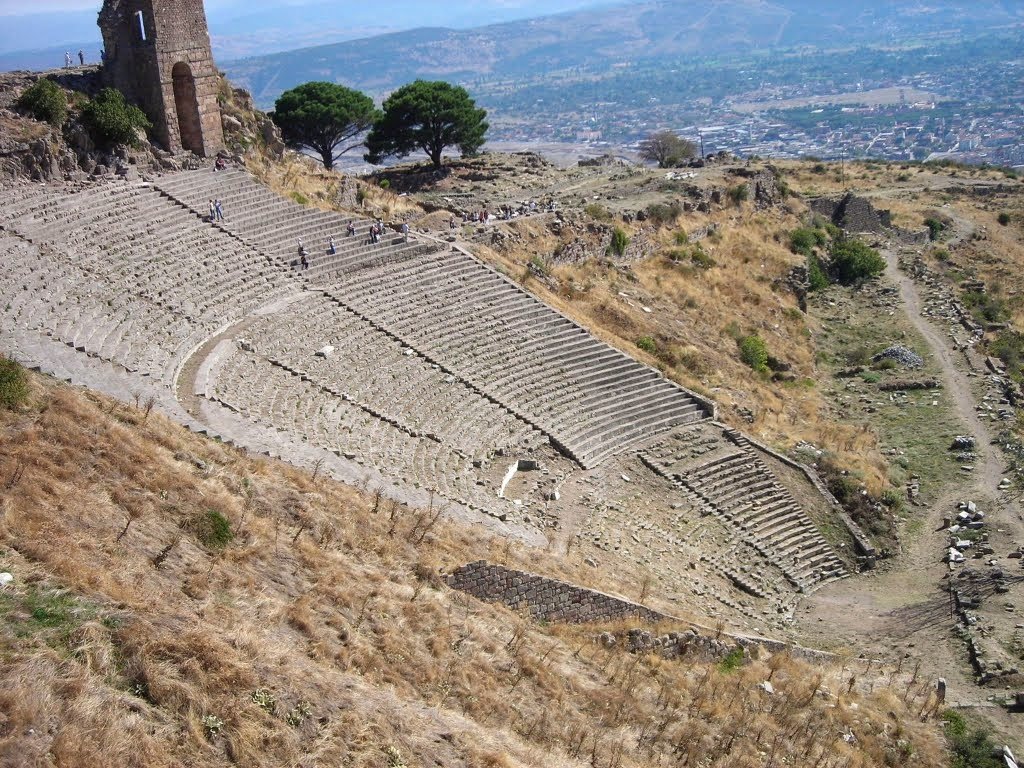




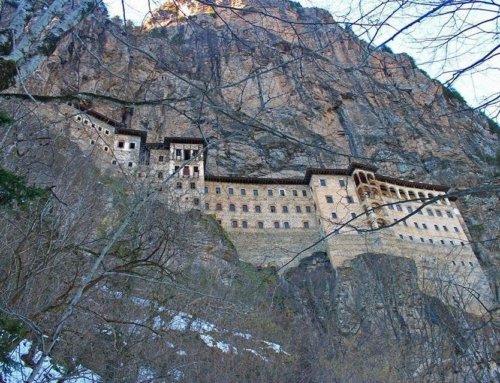

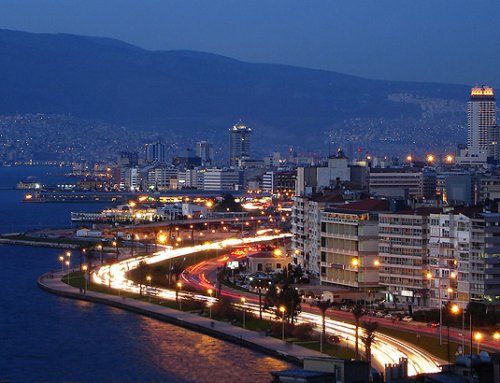
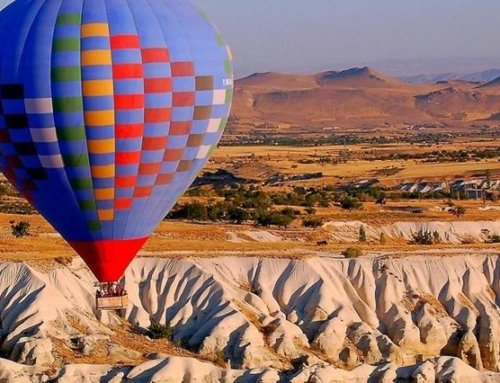
Leave A Comment
You must be logged in to post a comment.